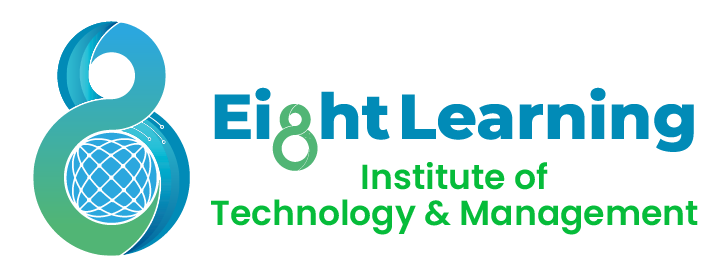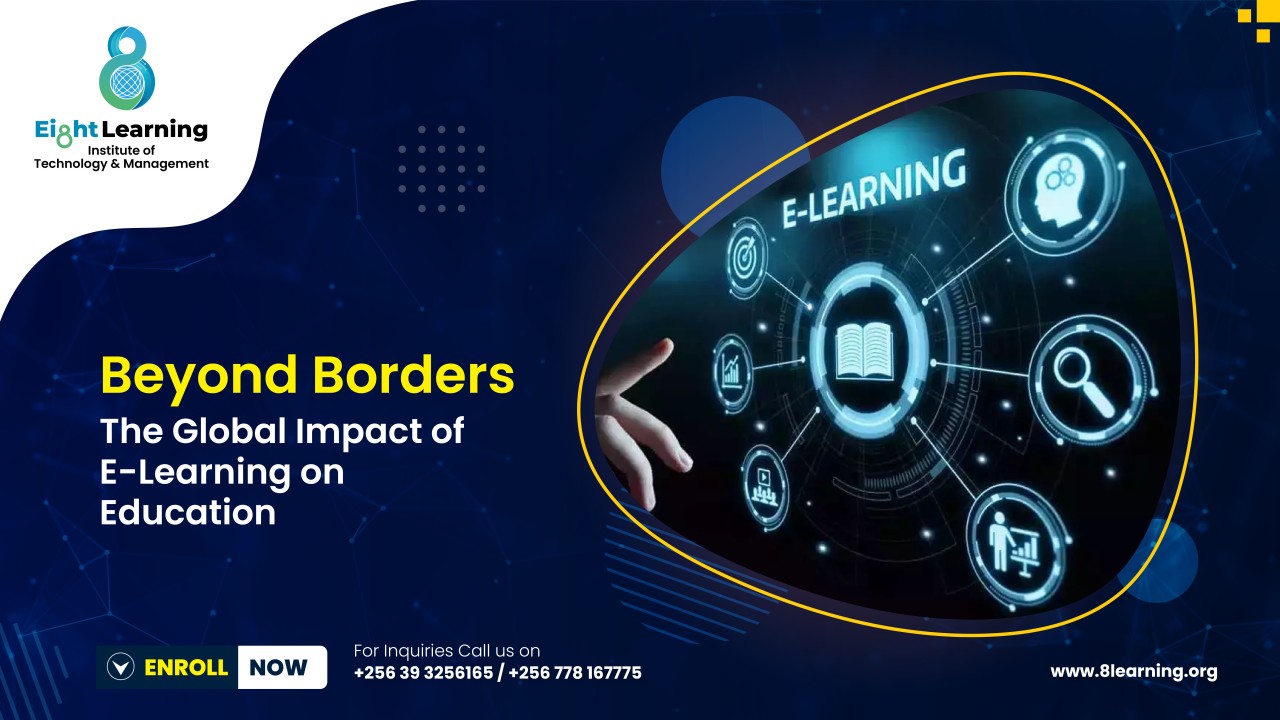In the rapidly evolving landscape of education, e-learning has emerged as a transformative force, breaking down geographical barriers and democratizing access to knowledge. The advent of digital technology has not only redefined traditional classroom settings but also broadened the horizons of learners worldwide. This article explores the profound global impact of e-learning on education, highlighting its benefits, challenges, and future potential.
Expanding Access to Education
One of the most significant contributions of e-learning is its ability to provide access to education for individuals who might otherwise be excluded. In many parts of the world, physical schools are scarce or inaccessible due to distance, cost, or socio-political factors. E-learning platforms offer a solution by making educational resources available online, allowing students to learn from anywhere with an internet connection.
For instance, MOOCs (Massive Open Online Courses) have enabled students in remote areas to access courses from prestigious universities that would otherwise be out of reach. This has leveled the playing field, providing opportunities for personal and professional growth to those who previously had limited options.
Customization and Flexibility
E-learning offers unparalleled flexibility, catering to diverse learning styles and schedules. Unlike traditional classroom settings, online education allows learners to progress at their own pace, revisit challenging material, and balance their studies with other responsibilities. This flexibility is particularly beneficial for working professionals, parents, and individuals with disabilities who require adaptable learning schedules.
Moreover, e-learning platforms often incorporate multimedia elements such as videos, interactive simulations, and quizzes, which can enhance understanding and retention of information. This multimedia approach caters to different learning preferences, making education more engaging and effective.
Global Collaboration and Cultural Exchange
The global nature of e-learning fosters a rich environment for cross-cultural collaboration and exchange. Online courses often include students from diverse backgrounds, providing a unique opportunity for learners to interact with peers worldwide. This exposure to different perspectives enriches the educational experience and promotes a broader understanding of global issues.
Furthermore, educators can share their expertise beyond their immediate geographic location, contributing to a global knowledge exchange. This has led to a more interconnected educational community, where best practices and innovative teaching methods are disseminated across borders.
Challenges and Considerations
Despite its many advantages, e-learning also presents challenges. One of the primary concerns is the digital divide, which refers to the gap between those who have access to technology and the internet and those who do not. This divide can exacerbate existing inequalities, particularly in low-income and rural areas.
Additionally, the effectiveness of e-learning depends on the quality of the content and the infrastructure supporting it. Poorly designed courses, lack of technical support, and inadequate assessment methods can hinder the learning experience. It’s crucial for educators and institutions to invest in quality content development, robust technical infrastructure, and ongoing support to maximize the benefits of e-learning.
The Future of E-Learning
Looking ahead, the future of e-learning appears promising, with advancements in technology poised to enhance the educational experience further. Artificial intelligence (AI) and machine learning are being integrated into e-learning platforms to provide personalized learning experiences, adaptive learning paths, and predictive analytics to identify at-risk students and tailor interventions.
Virtual and augmented reality technologies are also expected to play a significant role in making learning more immersive and interactive. These technologies can simulate real-world scenarios, allowing students to gain practical experience in a virtual environment.
E-learning has undeniably transformed the educational landscape, offering unprecedented opportunities for learners worldwide. By breaking down geographical barriers, providing flexible learning options, and fostering global collaboration, e-learning has the potential to revolutionize education further.
To sign up for some of our Eight Learning courses, visit our website https://8learning.org/





